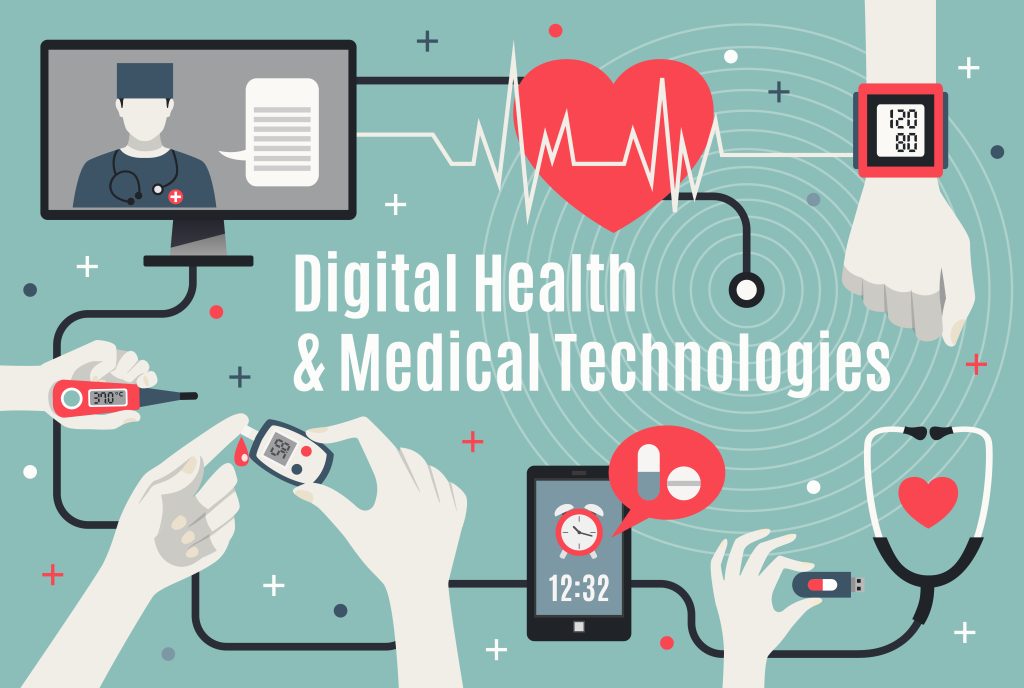Background
The digital transformation and its range of new technologies are shaping all economic sectors including the elderly care and long-term care sector. Digital solutions such as smart homes, tele-care, robotics or mobile health devices are rapidly developing and some technologies are already well embedded in the care sector, such as electronic care documentation or tour planning via smart phone and tablet. Additionally, the use of mobile health apps has enabled older adults to take a more active role in their own care and communicate with their care providers remotely. The Covid 19-pandemic has highlighted the need and benefits of the digital transformation as remote monitoring and virtual consultations became more important.

The growing role of digital technology in elderly care and long-term care increases the need for digital skill development of care professionals to help them keep up with the changes in the work processes. Research studies state that (lower qualified) caregivers often lack digital skills and are also hesitant to using digital technology out of different reasons. In order to fully realize the potential of digital transformation in elderly care it is important to provide appropriate training to care staff to ensure that they are reaping the benefits and effectively use digital technologies in their work.
To ensure that home helpers and care assistants are able to effectively use digital technology in their work, it’s important for them to receive appropriate training and support. This can include training on specific digital tools and platforms, as well as broader digital literacy training to help them to understand the benefits and limitations of digital technology and how to use it effectively in their work.
Digital transformation has already had a significant impact on the long-term care and elderly care sector. The use of electronic health records (EHRs) and other digital tools has improved the efficiency and coordination of care for elderly patients, particularly those with chronic conditions. Telemedicine has also become a valuable tool for providing remote consultations and monitoring for elderly patients, allowing them to receive care in the comfort of their own homes. Additionally, the use of mobile health apps and other digital tools has helped to empower older adults to take a more active role in their own care, by providing them with access to health information and resources, and enabling them to communicate with their care providers remotely.



